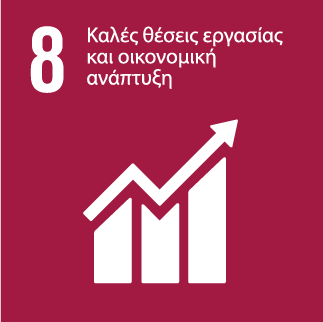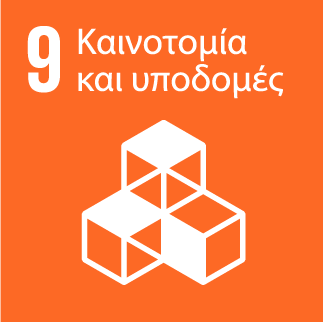Colony Robotics
Description
We are developing a robot system that can autonomously transport construction waste and raw materials to the construction site. In the current (early) version, the robot follows a line, later it will receive the instructions digitally. The first robots will work by following a line, stopping at the appropriate places, picking up the construction waste, and putting down the raw materials (humans still do this), then taking the site to the container and depositing it there by itself. At the same time, the final robot to be developed will walk around the construction site based on digital instructions and automatically pick up and deposit construction waste and raw materials in the right place, and it will also be able to handle different types of waste separately. The prototypes that can be tested on the first construction sites have now been completed. And if the development can proceed at the right pace, the first salable robot will soon be ready.
The construction industry is almost infinitely large market because in the European Union is 1600 billion Euros. But first Hungary is a large market too, expressed in numbers more than 10 billion Euros (4300 billion HUF). In Hungary, the construction sector lacks thousands of workers who we will be able to replace. There are already robots with similar knowledge, but they are not used in this market. It is a big advantage for us that the market is so big, because when someone appears who does exactly that, it doesn't really take market share away from us, but it educates the market and we can even learn from each other.
We will rent out the robots with a day fee so the construction contractors do not have to make a big investment and in addition, we can carry out continuous servicing and maintenance. Our robots will not be particularly long-lived (of course we will reuse the working parts), but in return, they will be extremely cheap, so we are not taking a big risk by having them work on a construction site. Thus, the robot system, which costs 3,000 Euros, can generate an income of 13-15,000 Euros, not counting the savings resulting from the recycling of working parts. Of course, the development, the sales, transport, etc. have additional costs but besides these components our profit is still more than 40% of the net revenue.
Our team consists of a mechatronics engineer, who leads the development, he is working in robot development for more than 2 years, and also he learned and worked on what he doing now. The other member is an economist student, whose specialization is small business. He makes the business plan and does the management tasks. Our third member is a mechanical engineer who joined us recently. He has worked a lot on construction sites, so he knows our market and our future customers very well and with him the development can move faster. The teamwork is very easy for us because two of the team is brothers and the third member is their childhood friend.
Our greatest advantage is that we are not simply 10% cheaper than other similar robots, but we are 10% of their price. So we are making robotics available to an industry that was unattainable until now. To be exact, for the salary of one unskilled labour, we provide 3 rolling robots that can work continuously, and they cost us a total of 3,000 Euros to manufacture. This is due to several things, one of which is that we omit expensive sensors from the robots because these are not self-driving cars, but they also go slower for the sake of safety. The other is that we solved the motors more cheaply; in addition, smaller batteries are needed, which increases the efficiency. In summary, we didn't want to dumb down a currently available 30,000 Euros robot instead, we took a wheelbarrow as a basis, from which we are building an autonomous robot. Of course, many things still need to be developed on it, but we will go out to the market and we want to develop the final version based on the feedback of our customers.
Sustainable Development Goals

3. Good Health And Well-Being
Most of the construction workers’ work-related back injuries happen during manual material handling. Our robots can take over this kind of task which help to prevent accidents. Also the worker’s body won’t get fatigued and they can have meaningful free time activities like sports and walks in nature.

8. Decent Work and economic growth
Our robots can take over simple, repetitive, and low-added value tasks so that humans can do more meaningful tasks. In addition, the projects will need less human work and can aid the labour shortage.

9. Industry , innovation and infrastructure
We make our product accessible so we can offer a low barrier entry to the world of automatization for a typical late adopter industry.

11. Sustainable cities and communities
Our product will make construction more efficient which will make the projects quicker with less cost. As result, there will be more available and affordable homes to aid the housing shortage around the world.
Notice: Undefined variable: post_id in /var/www/vhosts/hei-prometheus.eu/httpdocs/entrepreneurship-acceleration-platform/wp-content/themes/understrap-child-1/loop-templates/content-businessidea.php on line 293